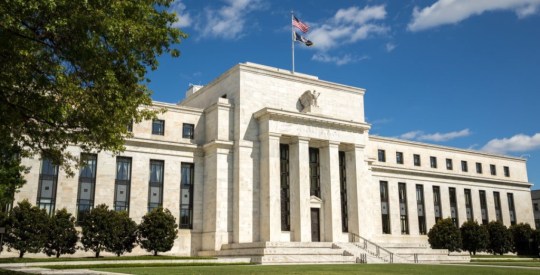Top House Republicans took to the podium Tuesday, admitting the GOP was still in talks with House Democrats to come up with some type of compromise over the debt ceiling and lingering fiscal issues.
While there was no explanation from House speaker John Boehner as to the specifics of a looming deal, he expressed that the main goal is to provide fairness and equality for all taxpayers.
"We are working on a way forward, and to provide fairness to the American people," Rep. John Boehner, R-Ohio, said. "I have made clear months ago that the idea of default is wrong and we shouldn’t even be close to it."
The move came as the House rebelled against an emerging Senate plan created by Majority Leader Harry Reid, D-NV, and GOP leader Mitch McConnell, who both hoped to seal a deal Tuesday before the nation hits its debt ceiling limit this week.
Originally, Senate Republicans were scheduled to meet and review a proposal Monday, but the meeting was delayed until Tuesday due to the lack a full Senate committee.
The official debt ceiling deadline is Oct.17, but the U.S. hit the ceiling back in May, according to Compass Point Research & Trading Group.
Since then, the Treasury Department is using ‘extraordinary measures’ such as borrowing from government employment retirement funds – in addition to regular revenues — to fully fund the federal government, explained Compass Point analyst Isaac Boltansky.
On Oct. 17, the Treasury will exhaust those measures and will only have $40 billion of cash on hand in addition to regular flow of revenues, Compass Point noted.
As a result, the first day the Treasury would be unable to play the entirety of its obligations is likely to fall in the time period stretching from Oct. 23 through Oct. 31.
"Point being, Oct. 17 is an important date — especially since the Treasury Department is scheduled to rollover more than $100 billion in debt — but Oct. 22 is far more important from a practical perspective," Boltansky noted.
Capital Economics pointed out the Treasury’s spending schedule shows it would be able to meet all of its obligations for another two weeks since it still has $36 billion of cash in revenue.
“Under those circumstances, it would not be a disaster if a deal isn’t agreed to raise the debt ceiling until a few days after Oct. 17,” explained Capital Economics senior U.S. economist Paul Dales.
Now that a proposed bill has been placed on the table, the market will wait to see if the House will pass the Senate deal.
The consensus seems to be that a Senate-backed compromise may face stiff opposition in the House, resulting in the House either amending the Senate package or passing its own debt limit extension.
"Still, the political dynamics of this situation lead us to believe that Speaker Boehner will ultimately be politically unable to prevent a Senate-passed compromise measure from coming to the floor at which point it will become law," Boltansky stated.



